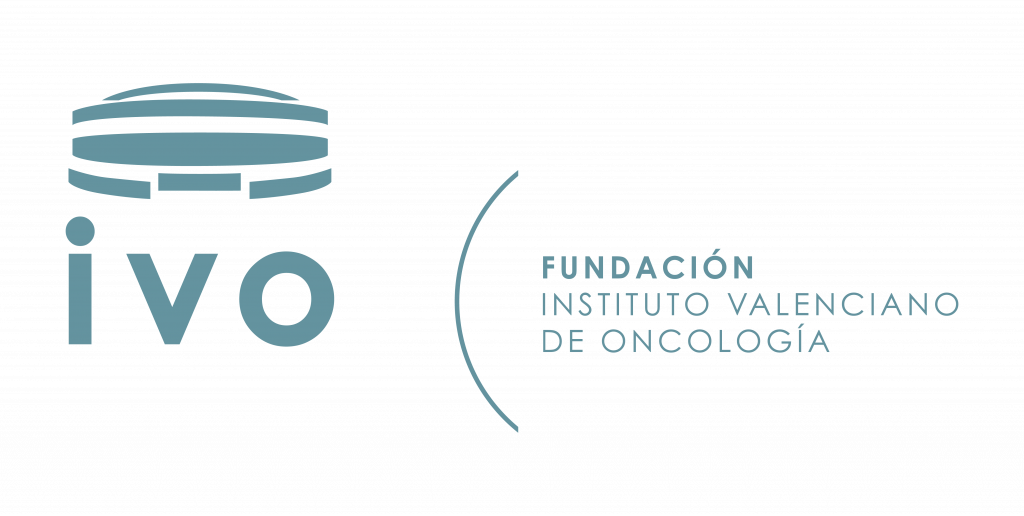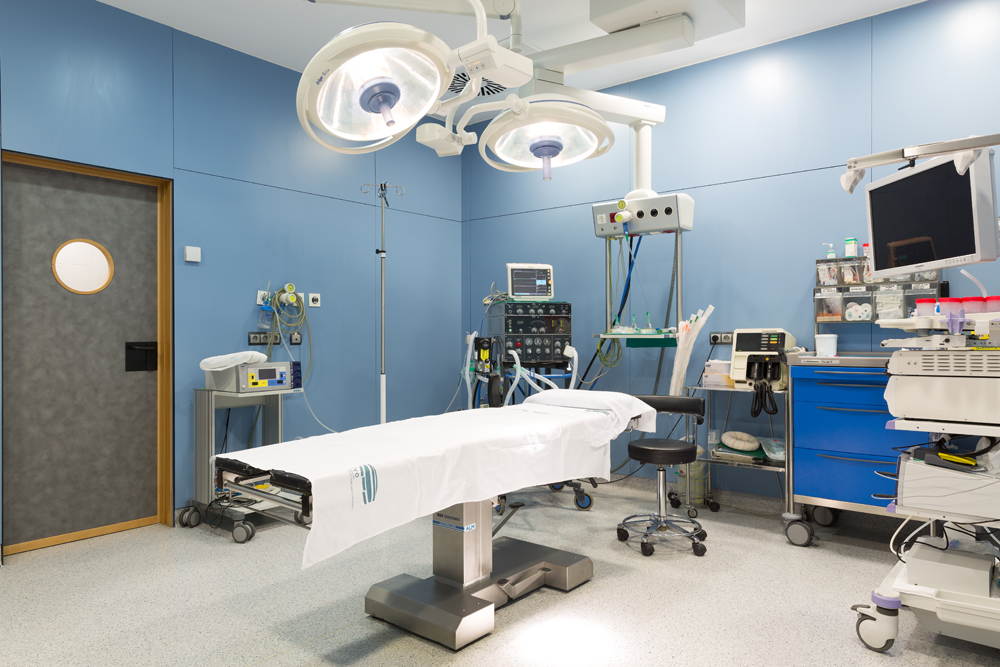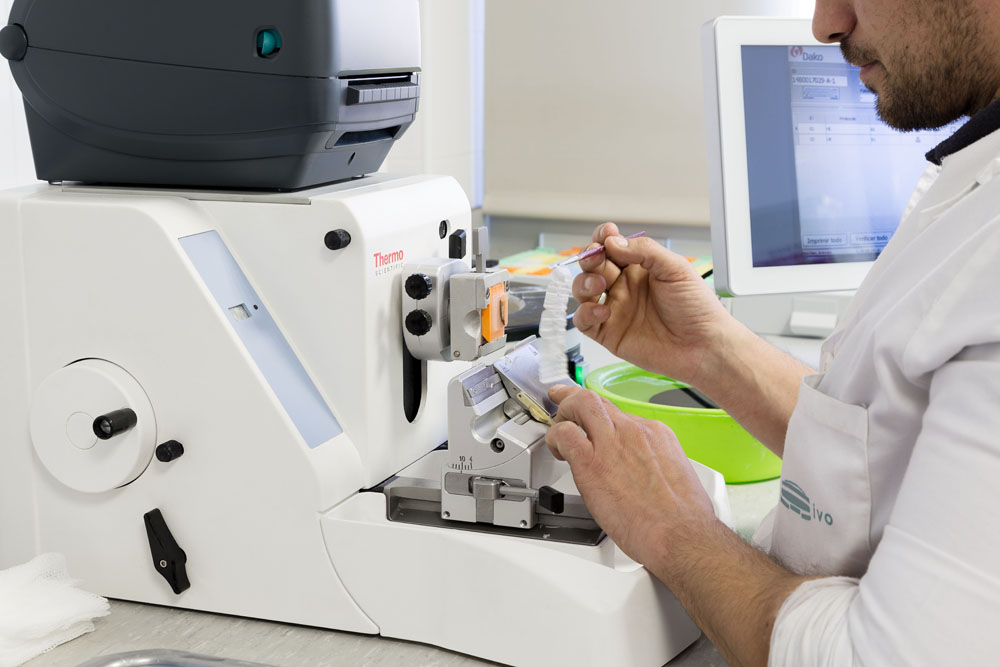Soft tissue sarcomas can arise in the mesodermal tissues of the extremities (more than half of cases), torso and abdomen, and even the neck and head.
Sometimes sarcomas arise in the gastrointestinal tract; in this case, it would be a very specific type of sarcoma, very different from the rest in terms of growth, prognosis and treatment. These tumours that originate from the gastrointestinal tract are called gastrointestinal stromal tumours (GIST).
GIST has undergone a revolution in its diagnosis, morphological and molecular typing, and treatment, being the first of the solid tumours to benefit from targeted, or “à la carte”, treatments. The survival rate of patients with this tumour has changed drastically for the better, with the IVO being one of the centres of reference for the diagnosis and treatment of this rare tumour, which requires a highly specialised approach.






